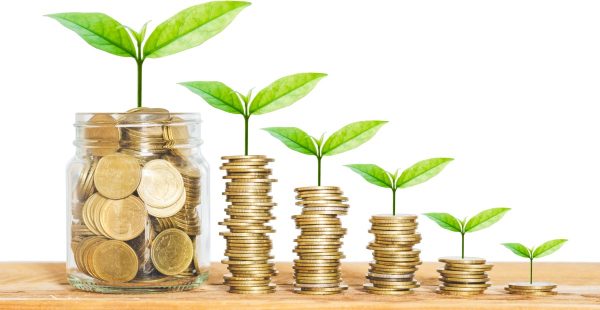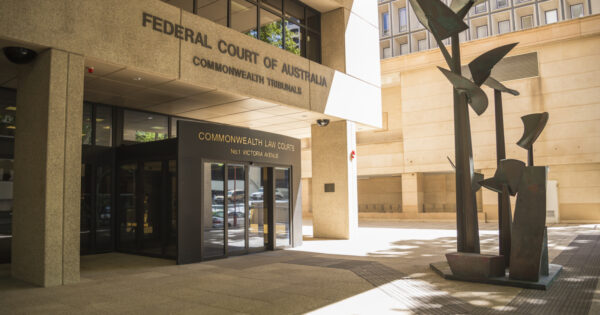Investors should brace for COVID aftershocks

The COVID-19 pandemic was the ‘earthquake’ but investors now need to prepare for the coming ‘aftershocks’, according to Nigel Green, founder and CEO of deVere Group, a global independent financial advisory, asset management and fintech organisation.
The warning comes after concerns grow over the economic slowdown in China, global inflationary pressures and turbulence in emerging markets.
“Covid was like a monumental earthquake that shook the world economy to its foundations – and like major earthquakes, there are potentially highly damaging aftershocks,” Green said.
“For many, life is almost back to normal, but investors need to be aware of the ongoing multiple investment headwinds that have come about as a direct result of the pandemic.”
Green said there are three main causes for the growing concerns that could impact investors’ returns. The first is the consensus that China’s economy, the world’s second largest, is likely to slow faster than analysts had previously expected.
“Growth could slump below 5% as a perfect storm is brewing with Beijing moving to reduce its dependence on real estate, to increase regulation in a range of key sectors from education to technology, plus they’re dealing with a serious energy crisis and the lingering impact of the pandemic.”
“China’s slowdown will have serious and far-reaching effects for economic growth across the world.”
The second risk is inflation moving from ‘transitory’ to ‘permanent’. Green said if the expected high prices for commodities and supply chain disruptions continue in 2022, the global economy will face the risk of rising persistent inflation.
“This will mean that interest rates rise higher and faster than the markets expect, which could trigger ongoing global stagflation,” he said.
The third risk is the increase in pressure on central banks to ease stimulus programmes earlier than projected due to the rising inflation threat. Green anticipates turbulence in emerging markets as a result.
“Despite these aftershocks, which would normally drive investors to increase their exposure to fixed-income, it’s almost universally agreed that stocks will continue to outperform bonds. There’s no real alternative,” Green said.
Green also recommended investors stay in the market, but they should review their portfolios to ensure they are properly diversified across asset class, sectors, regions and currencies, as this will position them for the best outcomes.
“The increasing worry about the aftershocks to the global economy will continue in the near term. What will savvy investors do? Judiciously buy more stocks,” he said.











So someone in India who isn't licensed provided personalised financial advice and ASIC's response is to tell them to be…
Seeking Regulatory relief from Regulation. Industry Super Funds want to control $1.6 Trillion $$$ and ever growing with almost zero…
If Kalkine has officially been released and operates under a legitimate license to provide general advice, it raises an important…
Not sure what they're seeking regulatory relief from. In my view is they get tickled with a warm lettuce leaf…
Will they ever be named & shamed, fined and banned for life ??? Unlikely hey ASIC & APRA, especially for…